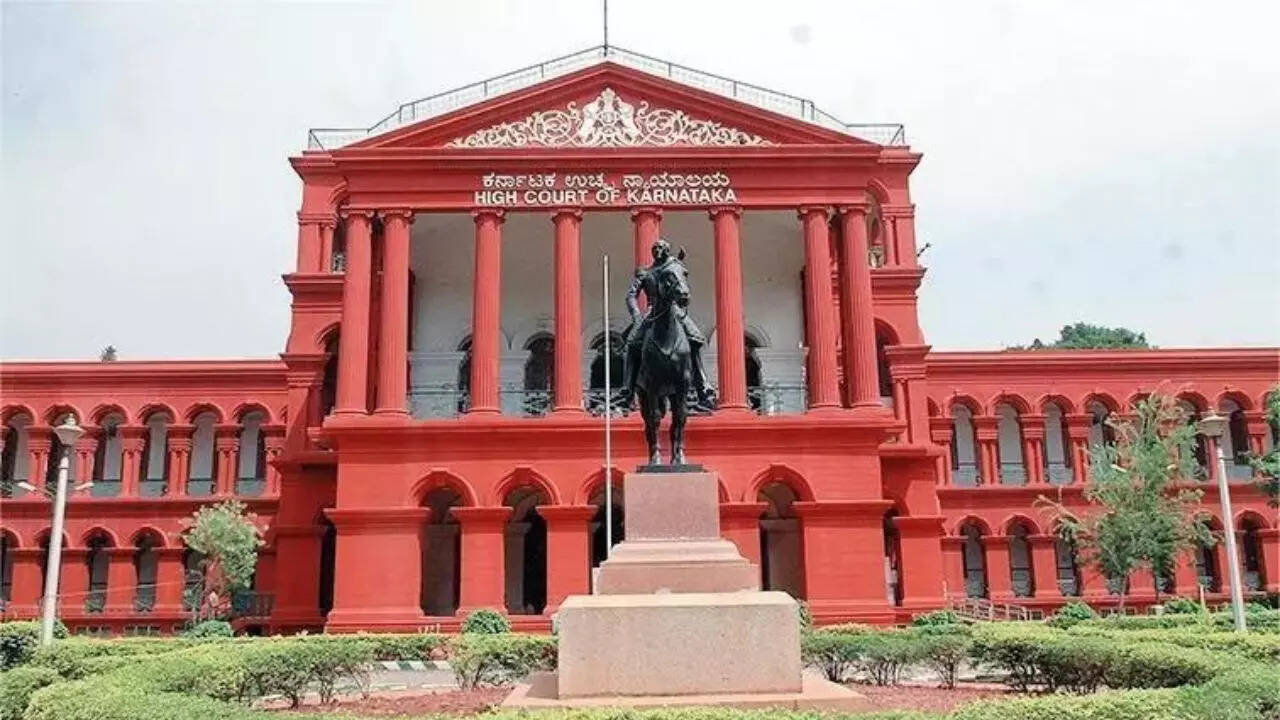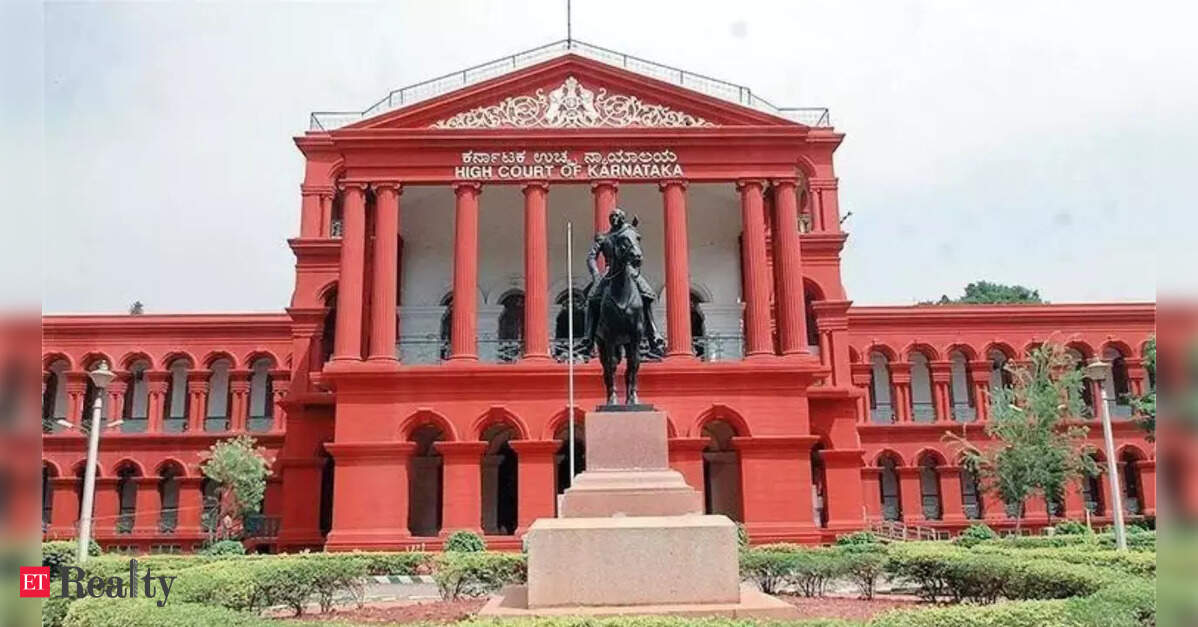
BENGALURU: The Karnataka High Court has urged the State Government to formulate a comprehensive scheme to regulate land and site transactions involving converted lands that fall outside sanctioned layouts.
Justice Sachin Shankar Magadum, while hearing a writ petition, observed that the rising number of such transactions makes a clear regulatory framework imperative. “With increasing instances of purchasers acquiring sites in converted lands which are not part of sanctioned layouts, there is a pressing necessity for the State to devise a comprehensive scheme to regulate such transactions,” the court said.
The judge emphasised that, unless the government frames appropriate guidelines or a regularisation mechanism under Section 17(2B) of the Karnataka Town and Country Planning Act, 1961, courts cannot issue directions that contravene statutory mandates. The legislative intent behind the provision, the court noted, is to balance the rights of genuine buyers with the broader objective of planned urban development.
“The intent behind insertion of Section 17(2B) is to ensure that civic infrastructure and planned growth of towns are not compromised while also protecting the interests of innocent buyers,” the order stated.
The observations came during the dismissal of a petition filed by U Mamatha, who had sought a direction to the Holalkere Town Municipality to issue an e-khata for her property. Mamatha had submitted her title deed, conversion order, and tax receipts, asserting that a manual khata was issued in 2015 and that she had been paying property tax regularly.
However, the municipality cited government circulars prohibiting the issuance of e-khatas for plots lacking layout plan approval from competent authorities. The court concurred, noting that although the petitioner’s property was on converted land, it was not part of an approved layout.
Referring again to Section 17(2B), the bench highlighted that the provision seeks to ensure orderly urban development, adequate civic amenities, and prevent unregulated layouts that strain public infrastructure. The court also observed that local authorities had earlier sought government permission to collect betterment charges as a step toward regularising such sites, but the proposal had been rejected.
Justice Magadum concluded that the municipality was under no legal duty to issue an e-khata for the petitioner’s site. “A writ of mandamus lies only where there exists a corresponding duty cast on the authority and a legal right vested in the petitioner. In the absence of both, no such writ can be issued,” he said.
- Published On Oct 8, 2025 at 10:22 AM IST
Join the community of 2M+ industry professionals.
Subscribe to Newsletter to get latest insights & analysis in your inbox.
All about ETRealty industry right on your smartphone!





